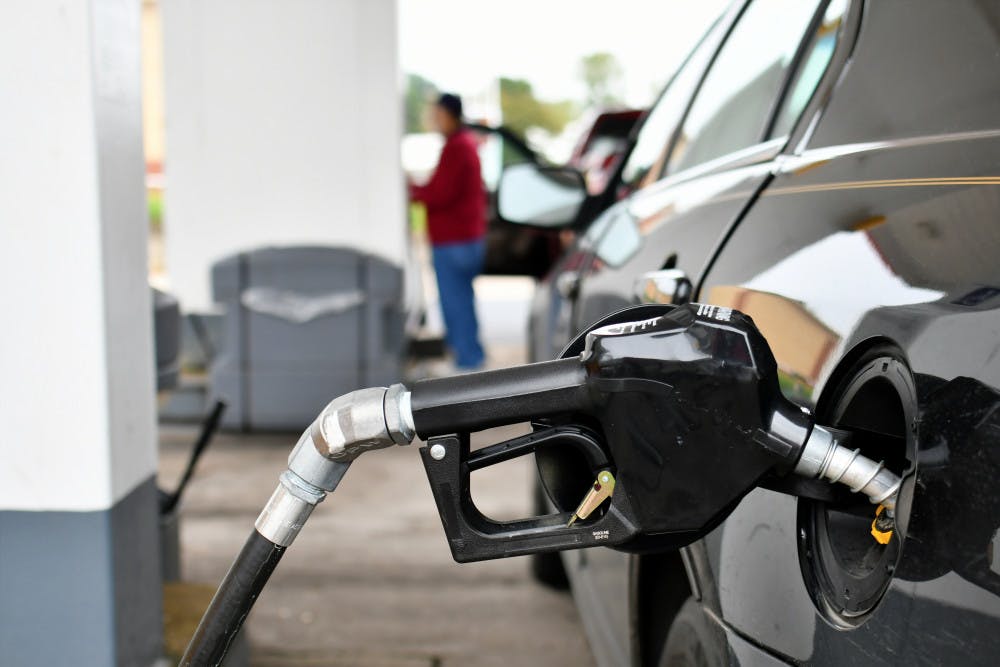By James Wright
Staff Writer
More than a quarter million people took part in demonstrations in France on Nov. 17 to protest against planned increases in gas taxes. Most of the demonstrators around the country wore yellow construction vests as they protested in suburbs and more rural parts of France, where people rely on their cars to get to work, according to The New York Times.
The demonstrations have created an atmosphere of discontent by disagreeing with the policies of French president Emmanuel Macron, as a large contingent of demonstrators shouted “‘Macron quit!’” and blocked the entrance to the Champ-Elysee, the presidential palace of France, according to The New York Times.
These protests are distinct because there is no official leader or organization orchestrating the protest movement, according to BBC.
The unstructured approach is emblematic of a new kind of political movement in France, one that questions the strength and efficacy of Macron’s policies and how they affect working-class citizens within the country, according to BBC.
Several of the main opposition parties have come out and supported the protests, including the center-right Republicains, the far-left leader Jean-Luc Melenchon and far-right leader Marine Le Pen, BBC reported.
“‘It’s a movement that goes beyond political differences and that’s dangerous for Emmanuel Macron,’” said French author of politics, Jerome Saint-Marie, according to BBC. “‘As long as the opposition to Macron is split between left and right, his power isn’t challenged. The gilets juanes (yellow vests) are a kind of social reunification that goes beyond political divisions.’”
The protests were projected to be one of the toughest tests of the 18-month presidency of Macron. Diesel prices have surged 16 percent this year from an average of $1.41 per liter to $1.69 per liter, according to CNN.
The price hike is caused by a leap in the price of oil, with Brent crude oil prices, a benchmark for world prices, increasing by over 20 percent in the first half of this year from $60 a barrel to $86 a barrel in early October, CNN reported. Even with the increase in oil prices, the French people are not necessarily directing their agitation toward the Organization of Petroleum Exporting Countries or U.S. tariffs on Iran; rather, they are explicitly upset at Macron, for not only levying additional taxes on the French populace but also continuing former president Francois Hollande’s environmental policies, according to CNN.
“‘This government hasn’t understood the anger of the French,’” explained Olivier Faure, head of the French Socialist Party, according to CNN.
Macron campaigned on the idea of being a president aided by the support of grassroots movements and as someone who could heal the deep divide between the right and left of the country, according to BBC. Now, however, the president faces a difficult challenge and it remains to be seen whether he can effectively lead in spite of the recent increase in protests around the country.







